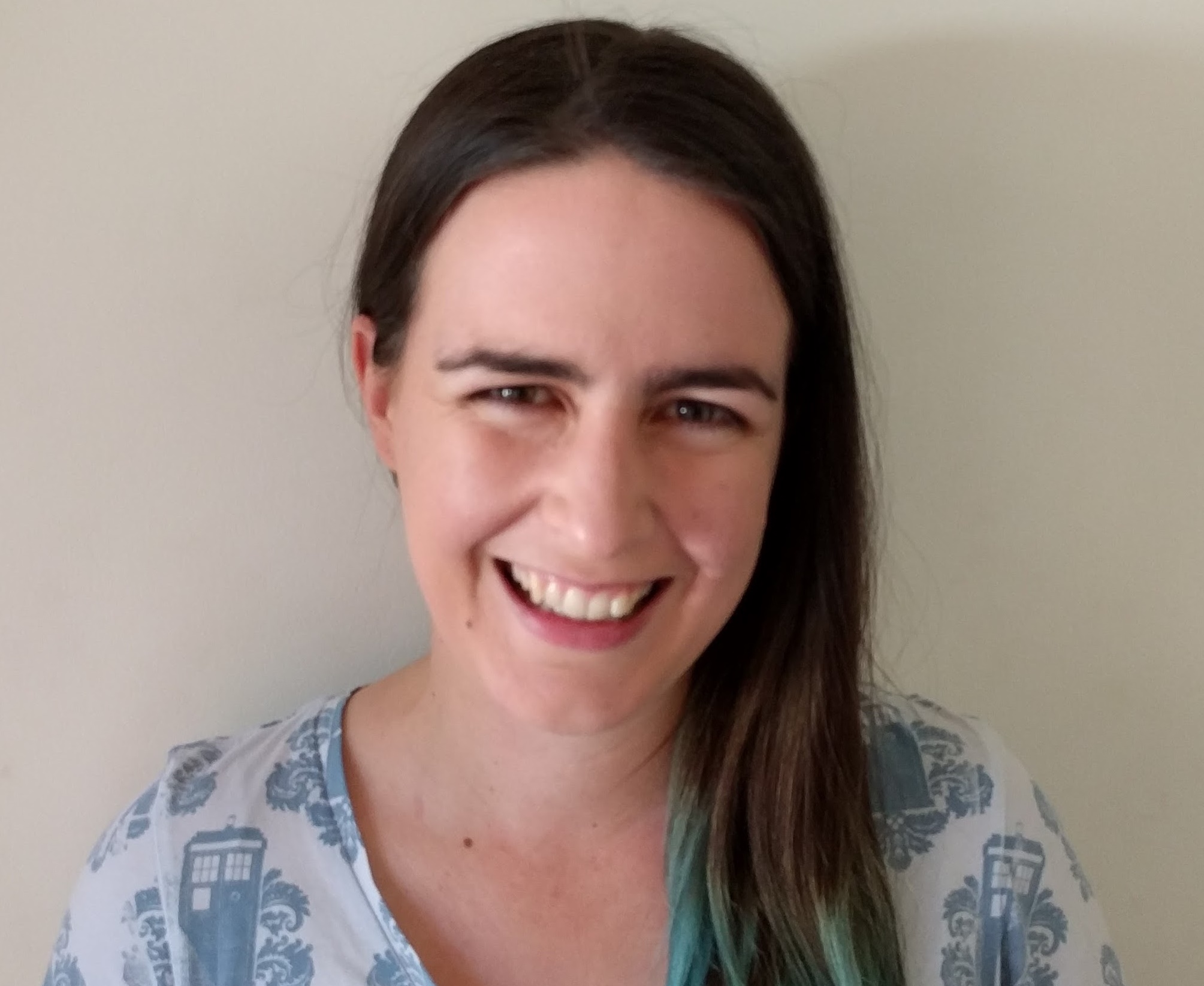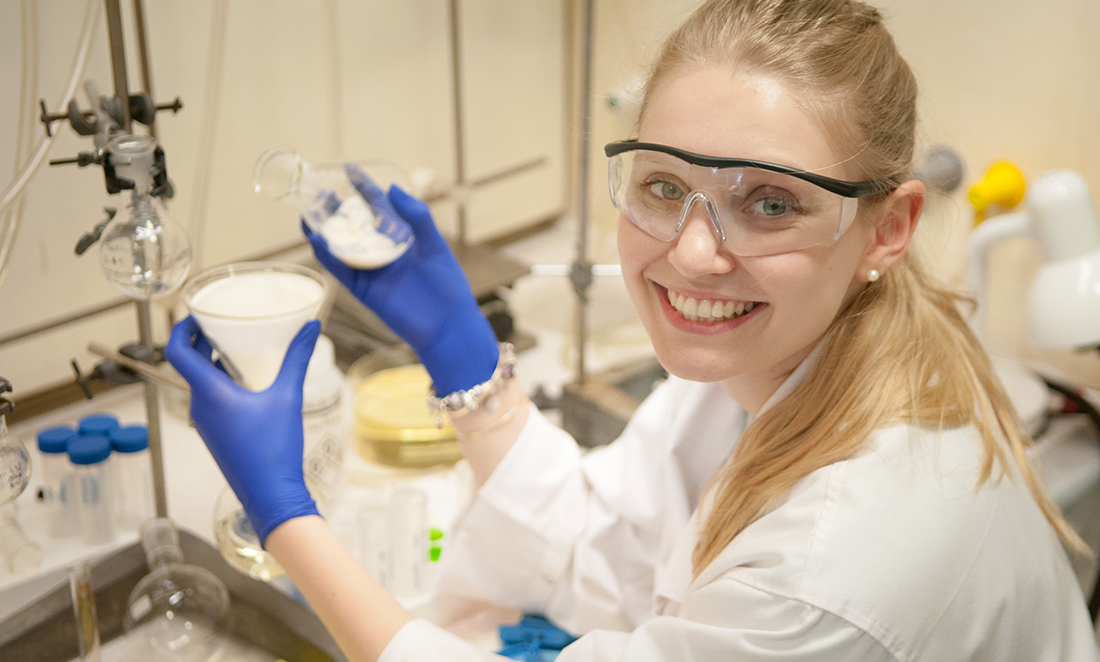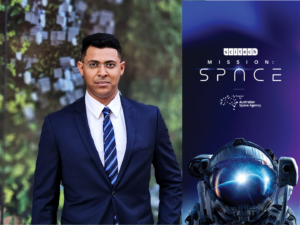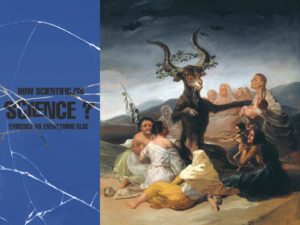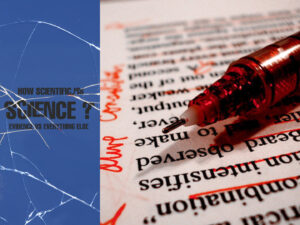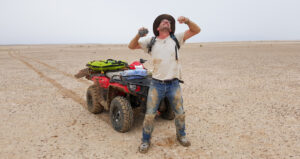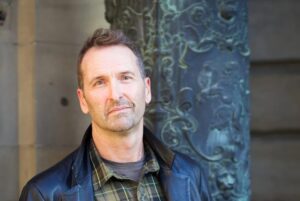Cancer may be one of the leading causes of death in Australia, but it hasn’t stopped Jessica Kretzmann from trying to save lives.
Jessica won the ExxonMobil Student Scientist of the Year at the 2019 Premier’s Science Awards during National Science Week.
The University of Western Australia PhD candidate was busy getting her thesis ready to submit and was surprised by the win.
“I was quite shocked,” says Jessica. “It’s still sinking in.”
What is gene therapy?
Gene therapy uses genes (small pieces of DNA) to treat disease.
It works by introducing a new gene into a cell to replace or deactivate a disease-causing one.
Gene therapy is being tested as an alternative to drugs and has the potential to treat genetic diseases at their source.
But like many new cancer treatments, the challenge lies in getting these genes to the right part of the body.
“People have been looking at different ways to deliver these different therapeutics, but the field has always struggled,” says Jessica. “[It’s] hard to deliver larger DNA cargoes.”
“Your body has adapted to fight off foreign genetic material because that’s how it would fight off infections from bacteria and viruses.”
Sneaky nanotechnology
Jessica’s research uses nanotechnology to sneak these larger cargoes past the body’s defence systems into the cancer cells.
“You have to package the therapeutic in a way that the body can’t recognise and protect it from degradation until it gets to the cancer cells,” says Jessica.
“Not only have we been able to deliver this effectively but we’ve been able to do it in vivo [in mice], which has been really exciting.”
“This is the first time this has been done to turn on tumour suppressor genes.”
Once safely inside the cell, the new genes switch on the tumour-suppressing genes.
The genes reprogram the cancer cells so they become non-cancerous, reminding them how they should behave.
The next step is to test the treatment in another animal before human trials.
Jessica’s research has the potential to revolutionise how we treat genetic diseases.
If it’s successful, this delivery technique could be used in other treatments such as for muscular dystrophy.
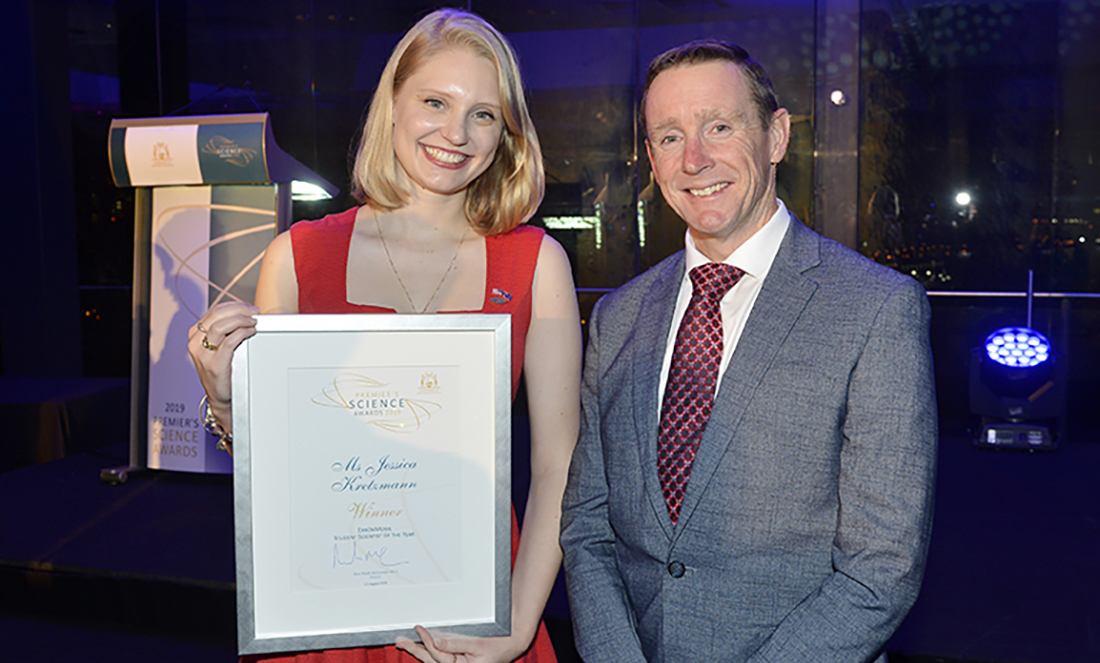
Driven to make a difference
Jessica chose a career that combined her interest in chemistry, biology, physics, engineering and medicine.
“I found a course that ticked off as many of my interests as possible, and that led me to nanotechnology.”
During her undergraduate degree, she worked on burn wounds research with the Fiona Wood Foundation but wanted a new challenge for her Honours and PhD.
Jessica says working on genetics and cancer is fascinating due to its fast pace.
“It’s very rewarding [to be] making a difference in this field,” she says.
Drawn to science from a young age, Jessica says she was inspired by visits from programs like Scitech.
“I was always quite into science,” she says. “Scitech’s travelling scientists [would visit]. We’d all sit in the undercover area and watch the liquid nitrogen demonstrations. It was the best.”
Jessica now volunteers with STEM outreach programs, including Scitech, and as an Australian Nanotechnology Network Ambassador.
She hopes to encourage high school students to pursue careers in STEM.


